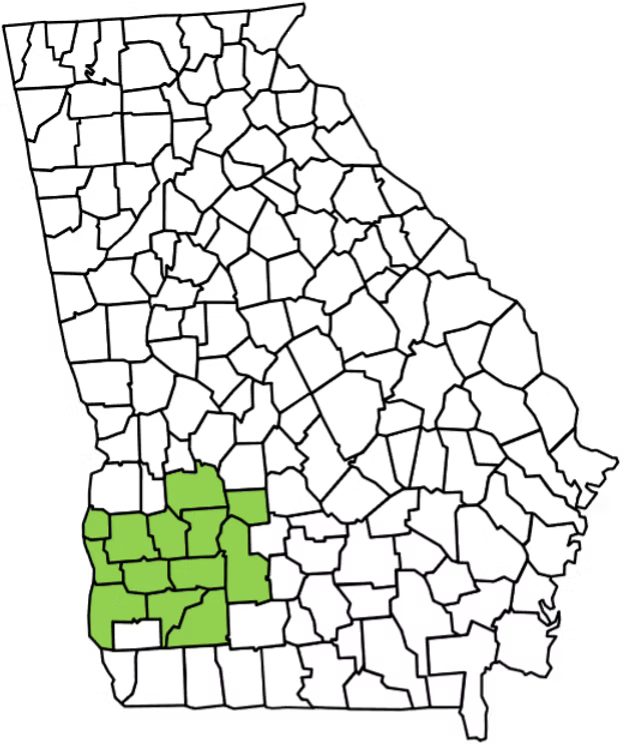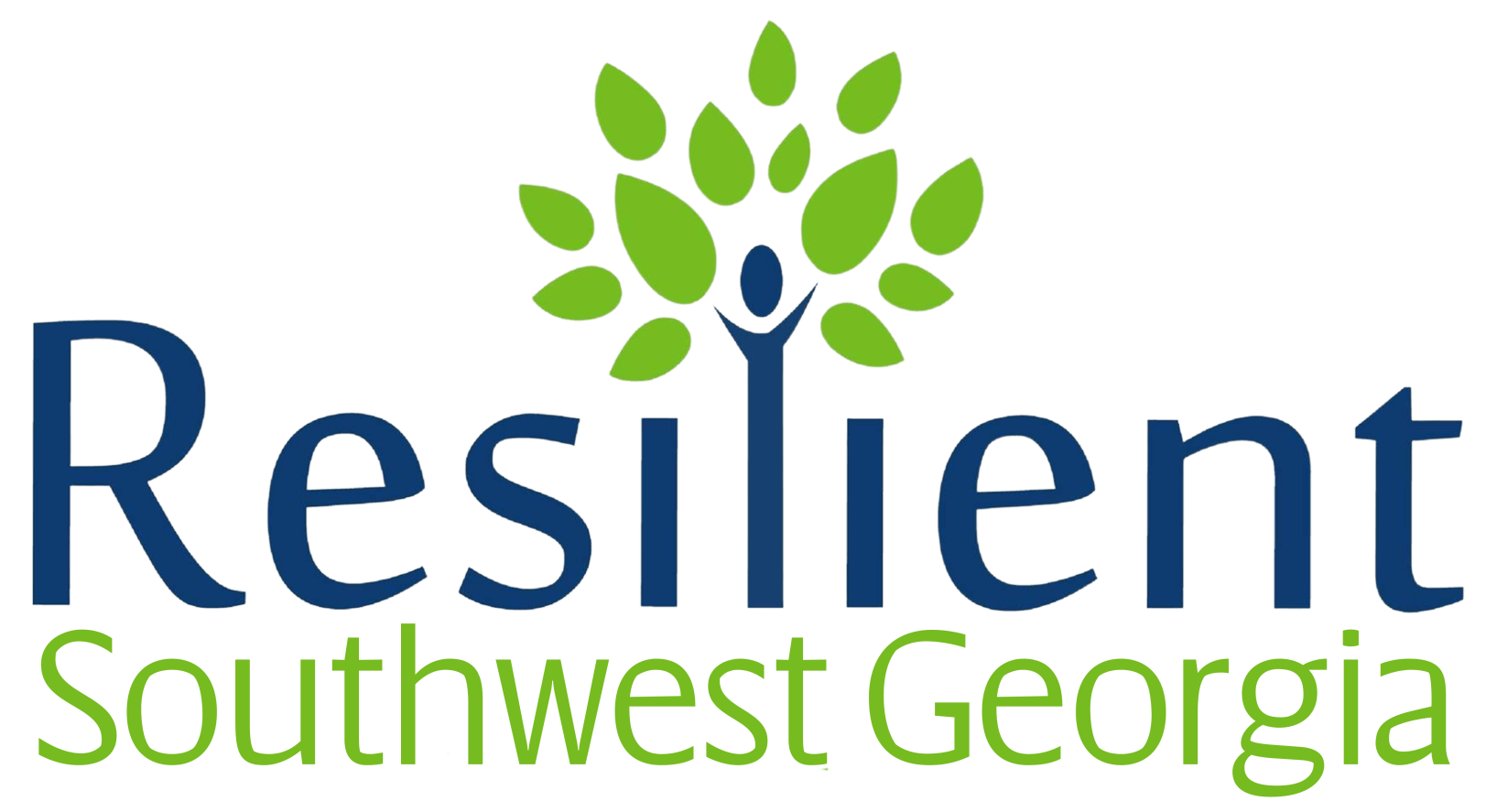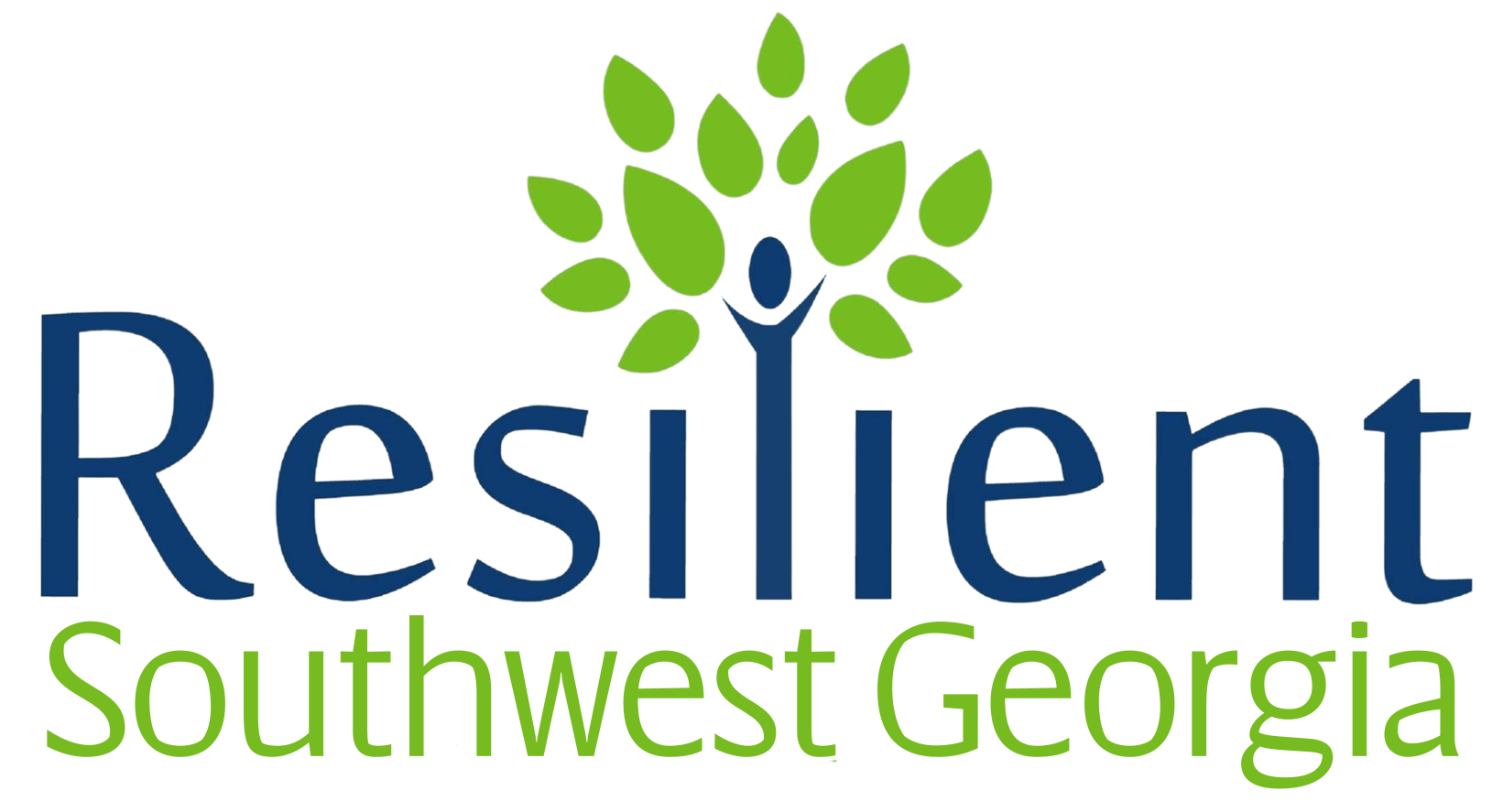Discover Our Story

We serve in Albany-Dougherty County and our catchment area includes:
Baker, Calhoun, Crisp, Clay, Dougherty, Early, Lee, Mitchell, Quitman, Randolph, Sumter, Terrell, and Worth counties.
Resilient Georgia has made a commitment to the five key priorities in order to build community capacity in being trauma-informed for individuals aged birth to 26 years of age. These priorities are not mutually exclusive and the SFL initiative in Year 1 addresses three priorities. These priorities are as follows:
- Promote Coordinated Trauma-Informed Practices Across Systems
- Build Awareness and a Common Language/Understanding about Adversity and Resilience
- Create a Sustainable Model for the Organization and the Movement
Trainings We Provide
Connections Matter
- Training designed to engage community members in building caring connections to improve resiliency. Interactive, discussion-based training provides participants with a better understanding of trauma, brain development, resilience, and concrete knowledge about Adverse Childhood Experiences (ACEs).
(3.5 hours)
Mental Health First Aid
- Mental Health First Aid (MHFA) is a course that gives adults the skills needed to identify, understand and respond to signs of mental illnesses and substance use disorders in Adults and Youth. Public Safety module offers examples for first responders.
(8 hours)
Outreach Wellness Learning (OWL)
- offers 1-hour seminars on general mental health including the impact of trauma & implementing effective coping strategies to manage wellness. Seminar topics include: Mental Health 101, Mental Health Crisis, Building Resiliency in Youth, Suicide Prevention, Maternal Mental Health, Workplace Wellness, etc.
(1 hour)
Stewards of Children
- Training that specializes in the education and prevention of child sexual abuse, other forms of abuse, and mandated reporting. It also trains adults how to prevent, recognize, and react responsibly to child sexual abuse.
(2 hours)
Strengthening Families Georgia
- This framework identifies five protective factors that lower the risk of abuse and neglect and help build family strengths and a supportive environment for children and youth. It also includes specific steps that childcare providers and other professionals can take to establish those protective factors.
(2 hours)
Mental Health Self Care Yoga
- The Mental Health Self-Care Yoga session offered a peaceful space for participants to pause, breathe, and reconnect with themselves. Through guided movement and mindfulness, attendees explored the connection between mental well-being and physical balance. This experience served as a reminder that self-care is not a luxury—it’s a vital part of maintaining mental health and emotional resilience.
(45 minute)
Kate's Club
- Kate’s Club is dedicated to supporting children and teens who have experienced the death of a parent, sibling, or caregiver. Through compassionate mental health services, peer support, and healing-centered programs, Kate’s Club creates a safe space where young people can process their grief, build connection, and find hope. Every service is designed to remind children that they are not alone—and that healing is possible.
(45 - 60 minute)

